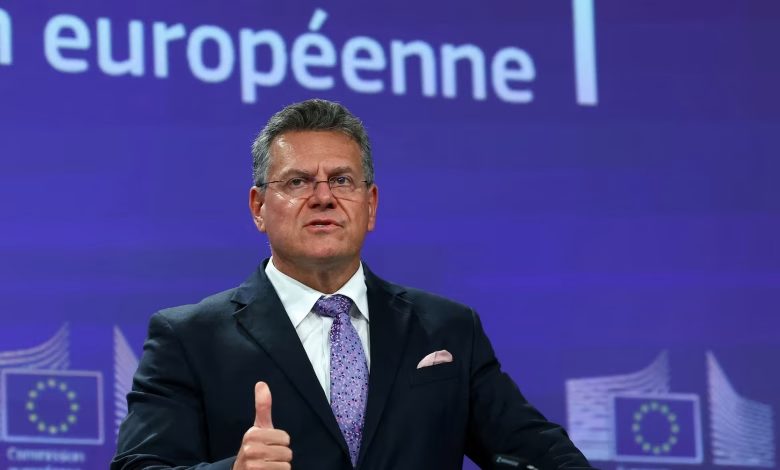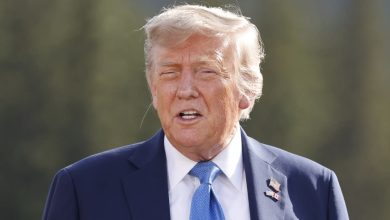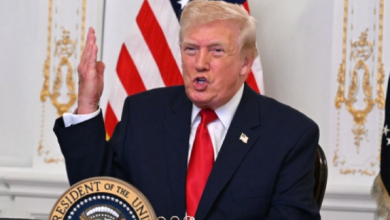Foreign
EU, U.S. forge metals alliance to counter Chinese overcapacity

The European Union and the United States have agreed to develop a strategic metals alliance aimed at reducing the impact of heavily subsidised Chinese production on global markets, European Trade Commissioner Maros Sefcovic announced on Monday.
The initiative, which emerged during intensive trade negotiations, will replace former U.S. President Donald Trump’s 50 per cent import tariffs on European steel and aluminium with a new quota-based system that imposes minimal or zero tariffs on EU metal producers.
The arrangement, while not yet finalised, is seen as a major shift in transatlantic trade cooperation.
Sefcovic said both sides recognised they face the same challenges in protecting their domestic steel and metals sectors from Chinese overcapacity.
“The agreement is a clear prospect of joint action on steel, aluminium, copper, and their derivatives in what I’d like to call a metals alliance,” Sefcovic told reporters.
“It effectively creates a joint ring-fence around our respective economies through tariff rate quotas at historic levels with preferential treatment, ” he added.
He emphasised that the EU and US are aligned in their concerns: “It became very, very clear that when it comes to steel and metals, we are not each other’s problem.”
For Europe, the removal of U.S. steel tariffs has become increasingly urgent, particularly as American plants are attracting critical scrap metal supplies away from EU smelters.
Scrap is a key resource because it is cheaper than primary metal and more environmentally efficient to recycle.
The proposed alliance reflected a broader effort by Western economies to curb the effects of China’s industrial policies.
At the G7 finance ministers’ meeting in May, leaders agreed to address “excessive imbalances” in the global economy, with Chinese subsidies widely seen as a core issue—though not explicitly mentioned.
Reflecting on last week’s EU-China summit, Sefcovic expressed frustration with Beijing’s trade practices.
“Despite the strenuous efforts of my colleagues and myself, and several long meetings with my Chinese counterparts, the list of accumulated issues did not get shorter—it just grew longer,” he said.
“Clearly, the issue is overcapacity. The issue is linked with what we perceive as illegal subsidies,” Sefcovic added, signalling stronger European resolve in coordinating with the US to confront the challenge.



